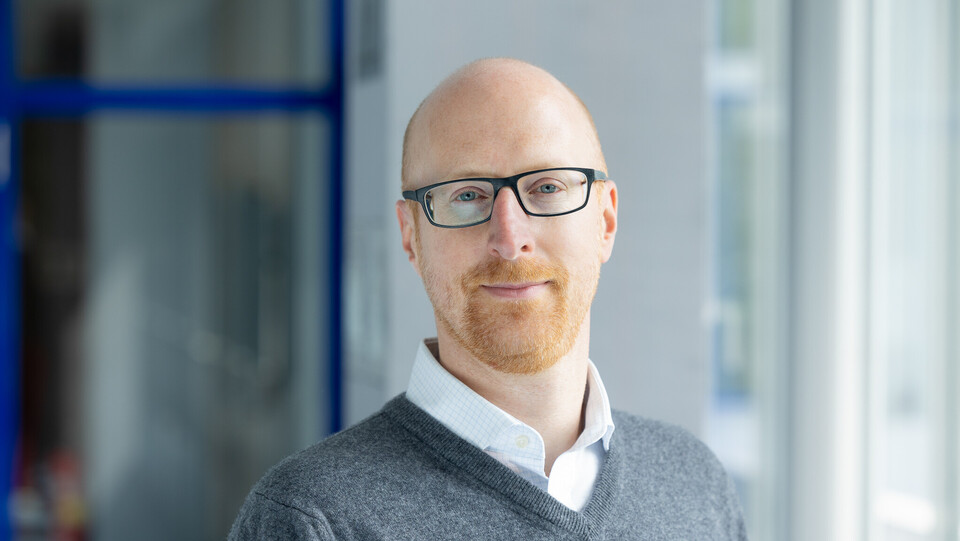New Member for the Board of Directors: Prof. Dr. Florian Keusch, Professor of Social Data Science and Methodology at Department of Sociology, School of Social Sciences

Congratulations on your appointment to the MCDS Board of Directors! What motivated you to take on this new role, and what are your initial thoughts on joining the board?
Thanks, it is an absolute pleasure and honour to join the MCDS Board of Directors. When Heiner Stuckenschmidt asked me to come on board, the decision to join was really a no-brainer for me. I had been an associate member of the MCDS since the beginning and have regularely participated in many of the MCDS events over the years. Joining the Board of Directors gives me the chance to further shape the role that (social) data science will play in research and teaching at the University of Mannheim.
If you could describe your vision for the MCDS in one sentence, what would it be?
Advancing interdisciplinary and collaborative research that applies state-of-the-art data science methods with the goal of deepening our understanding of societal and economic dynamics for evidence-based decision-making.
The field of data science is rapidly evolving. What emerging trends or challenges do you believe the MCDS should prioritize in the coming years?
As someone who’s own core research revolves around methods of generating high-quality data about humans, mainly through surveys and digital behavioral data, I am very much interested in how generative AI and LLMs will impact the way we collect and analyze data. Currently, the mood seems to be oscillating between unlimited excitement about the new possibilities and deep scepticism regarding validity, transparency, and ethical implications. The MCDS should be a place for nuanced and critical discussion about the potentials and limitations of the use of genAI and LLMs in the social and behavioral sciences and how we can ensure the responsible application of these methods that is in alignment with our standards of scientific and ethical rigor.
What initiatives or projects are you most excited to pursue or support?
I am excited about the expansion of the social data science curriculum at the University of Mannheim. Since 2024, the School of Business Informatics and Mathematics and the School of Social Science offer the Mannheim Master in Social Data Sciences. And next year, the plan is to have a first cohort of PhD students start in the new Social Data Science track in the Center for Doctoral Studies in Social and Behavioral Sciences (CDSS).
Are there specific events or initiatives you'd like to see expanded or introduced to foster more interdisciplinary collaboration within the center?
Since 2015, our chair has been organizing the annual DataFest Germany, alternating every other year with colleagues at LMU Munich. DataFest Germany is a data-based competition (“hackathon”) for bachelor’s and master’s students from various academic disciplines. Student groups from all over Germany come to Mannheim and spend one weekend working with an extensive data set. At the end of the event, the student groups present their results to a jury of experts from industry and academia, and we award prizes for the categories “Best Insight”, “Best Visualization”, “Best Use of Outside Data”, and “Best Data Quality Insights”. In spring 2026, DataFest Germany will for the first time be officially organized by the MCDS. DataFest Germany allows students to work with an interesting data set that they would usually not get their hands on. It also gives early career researchers in Mannheim the opportunity to be consultants who support the participating students in their work
Thank you very much for your interesting input. Is there anything you would like to share with researchers at the university that have not yet connected with the MCDS?
Everybody at the University of Mannheim is welcome to join the events of the MCDS. Even if you do not think that you “do data science”, if you conduct empirical research, then it is more likely than not that you will meet like-minded colleagues at the MCDS who might have complementing skills and needs who could become future collaborators.